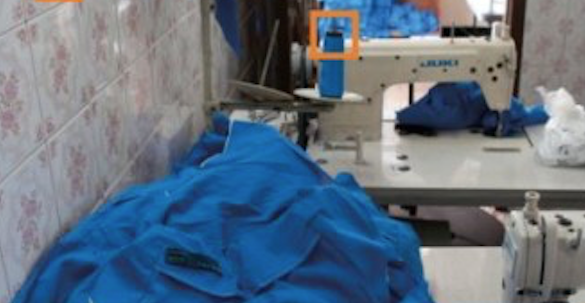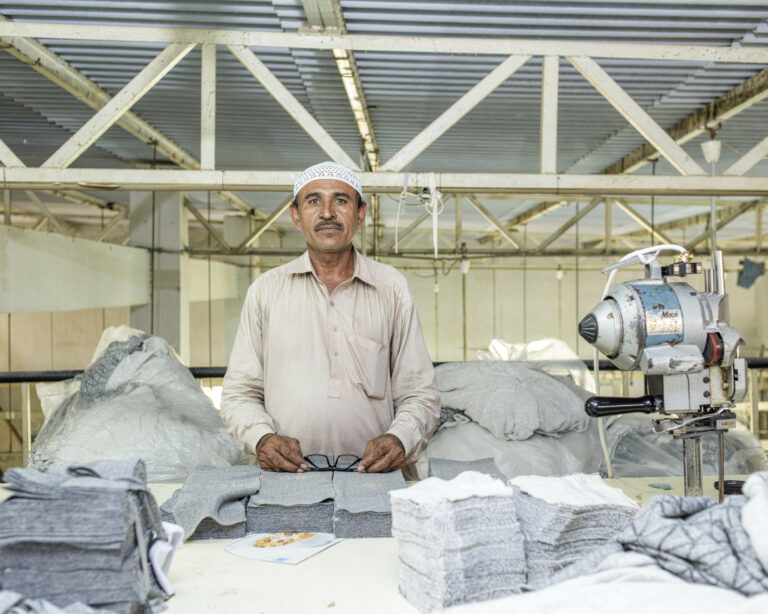
From moral responsibility to legal liability?
Modern day slavery conditions in the global garment supply chain and the need to strengthen regulatory frameworks

In August 2011, Brazilian inspectors found 15 immigrants working and living under deplorable conditions in two small workshops in São Paolo. Workers had to work for long days up to 16 hours and were restricted in their freedom of movement. The inspectors later concluded that the conditions in the two workshops were to be classified as analogous to slavery.
The workers were sewing clothes for Zara, a brand of Inditex, the world-renowned fast fashion pioneer from Spain. According to the inspection report, Zara Brasil exercised directive power over the supply chain and should be held legally responsible for the situation of the rescued workers. Zara Brasil faced several sanctions: it was fined for 48 different infractions found during the inspection, and the company risked entering the so-called dirty list of slave labour — a public registry of individuals or enterprises caught employing workers under conditions analogous to slavery.
The ILO considers the dirty list to be an international example of good practice in fighting forced labour. However, Zara Brasil has challenged the legitimacy of the dirty list as a tool in court as a means of fighting the sanctions it faced. The current report questions this litigation strategy, and makes recommendations to strengthen the Brazilian regulatory framework, including the introduction of supply chain liability.
Partners
Publicatie
Bijlagen

Gerelateerde content
-
 Brazilië, de nieuwe productiehotspot voor elektronica?Geplaatst in categorie:NieuwsGepubliceerd op:
Brazilië, de nieuwe productiehotspot voor elektronica?Geplaatst in categorie:NieuwsGepubliceerd op: -

-
 Pauline OvereemGeplaatst in categorie:Publicatie
Pauline OvereemGeplaatst in categorie:Publicatie Pauline Overeem
Pauline Overeem

